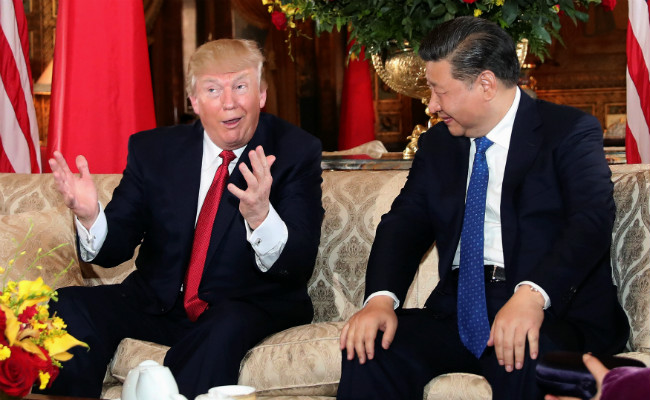
Korea del Nord, sulle sanzioni guerra fredda USA-Cina
Martedì 16 gennaio si è tenuto a Vancouver un Vertice tra venti Nazioni per discutere l’attivazione delle misure sanzionatorie nei confronti della Nord Corea. Canada e Stati Uniti hanno coordinato l’incontro affermando il loro impegno nell’assicurare che le sanzioni già approvate dalle Nazioni Unite vengano rispettate e che ad esse si aggiungano ulteriori sanzioni unilaterali e azioni diplomatiche da parte degli Stati al fine di costringere Pyongyang ad abbandonare i programmi missilistici e nucleari. Ciò che è sorprendente è stata l’esclusione di Russia e Cina al tavolo delle discussioni. La Cina ha infatti reagito denunciando i Vancouver Talks di farsi portatori di una mentalità da guerra fredda. Già da tempo il Presidente cinese Xi Jinping aveva collaborato con gli States affinché fosse aperto il dialogo con la Nord Corea e fossero previste azioni di denuclearizzazione, attraverso la riduzione delle esportazioni di greggio, anche a costo di far lievitare il costo della benzina in madrepatria. Pertanto la decisione di escludere la Cina e la Russia, peraltro due dei restanti partner commerciali della Nord Corea, è stata interpretata come il segno che gli Stati Uniti caldeggino ancora la possibilità di un attacco militare nella zona.
Durante l’incontro a Vancouver, il Segretario di Stato americano Rex Tillerson ha infatti avvertito Pyongyang di innescare una risposta militare se non accetta le negoziazioni. Questo metodo, secondo Lu Kang, portavoce del Ministro degli esteri cinese, potrebbe dividere la comunità internazionale e minare le occasioni di una soluzione pacifica nella penisola. “Solo attraverso il dialogo” continua il portavoce, “nonché affrontando le preoccupazioni di tutti i coinvolti, è possibile trovare la strada per una soluzione effettiva e pacifica”.
Secondo Wang Sheng, un ricercatore del Centro di “Co-Innovation for Korean Penincula”, il tempismo di questo incontro appare peraltro inappropriato, dal momento che la situazione nella penisola coreana era di recente stata contraddistinta da un grande avvicinamento tra le due Coree, ovvero dalla riapertura del canale intercoreano di comunicazione diretta. Ovviamente questo riavvicinamento, molto gradito a Cina e Russia, non può essere visto con grande ottimismo da Trump. Alla notizia dell’incontro tra i due leader coreani Trump aveva specificato di esserne in qualche modo soddisfatto, dando il merito di questo «passo» alle sanzioni e alle pressioni esercitate su Kim. Tuttavia, appare evidente che la penisola coreana riappacificata permetterebbe all’Asia di tornare a concentrarsi sul futuro delle relazioni commerciali ed economiche e ridurrebbe il peso americano in termini di vendita di armi e di «garante» della sicurezza nella regione. Seul aveva inoltre confermato la necessità di interrompere le esercitazioni congiunte con gli Stati Uniti, ribadendo la volontà di trattare con Kim, anche a condizione di “dire dei no” – come aveva affermato il Presidente Moon in campagna elettorale – all’alleato americano.
